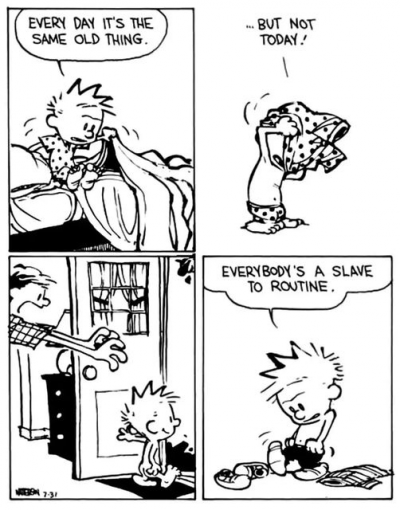Puritanism took over online fandom — and then came for the rest of the internet
Puriteens, anti-fans, and the culture war’s most bonkers battleground.
How did the internet become so puritanical? On social media, outspoken anti-sex advocates increasingly cry “gross” at everything from R-rated rom-coms to fictional characters and queer people having sex to consenting adults with slight age gaps to dating short people. They see oversexualization in just about everything. They often accuse the things they dislike of being coded fronts for pedophilia, and the people who enjoy those things of being sexual predators. These social media users frequently form enclaves that turn as nightmarish and troubling as the things they’re ostensibly trying to police.
This dovetails with what we’re being told right now about Gen Z and sex: They’re having less casual sex, they hate dating, they’re more reserved about relationships in general. It’s easy to pigeonhole online anti-sex police as being teens and young adults, a.k.a. “puriteens.” Because so much of this comes down to carnal horror, you might assume that everyone who’s horrified is a teen who just hasn’t arrived at a mature view of sex and other adult activity. Such anti-sex zeal increasingly forces sex-positive communities back into the internet’s underground. It also aids and abets the larger cultural shift toward regressive attitudes and censorship of sexual minorities and sex-positive content.
Yet overwhelmingly, the common thread among this new generation of “antis” — a broad label for people who are opposed to sexual content in media — isn’t that they are minors who are scared of sex. It’s that none of them distinguish between fictional harm and real-world harm. That is, regardless of their ages, they believe fiction not only can have a real-world impact, but that it always has a real-world impact.
To understand how we got here, we have to look at the wellspring from which much of the internet’s creative impulses flow: online fandom, where superusers gather to celebrate, write fanfiction, and create fan art about the media and characters they love. On Tumblr and Twitter, where so much fandom discourse happens, this conversation about sexual content in media has spawned an entire movement called “anti-fandom.” In the wake of the 2018 passage of the internet child protection bill FOSTA-SESTA in the US, fandom’s proudly sex-positive culture has increasingly become sanitized, homogenized, and erased — which has allowed the puritanical voices of these “anti-fans” to take their place.





